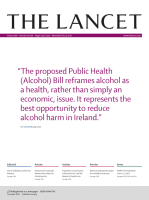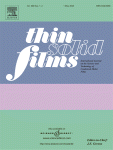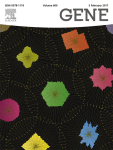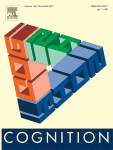
Retraction Watch readers may be forgiven for thinking that there has been at least a small uptick in the papers that claim to link autism and vaccines, and yet tend to raise more questions than they answer. Sometimes, they are retracted. See here, here and here, for example. We talk to David Gorski, well known for his fights against pseudoscience, about the most recent example.
Retraction Watch (RW): You describe a recent paper reporting high levels of aluminum in the brains of people with autism as “utterly awful.” What are your main criticisms of the paper? Continue reading “Utterly awful:” David Gorski weighs in on yet another paper linking vaccines and autism







 A social psychologist has retracted a second paper that contains “fabricated or manipulated data.”
A social psychologist has retracted a second paper that contains “fabricated or manipulated data.” A social psychology journal has added an expression of concern to a paper by
A social psychology journal has added an expression of concern to a paper by